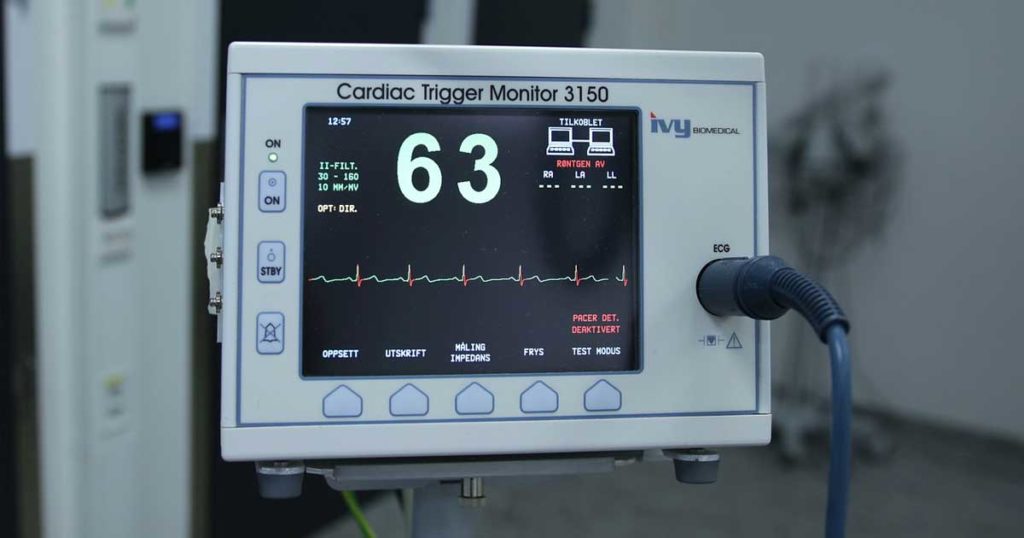Managed properly, someone with heart failure can look forward to many years of good quality life – but if neglected, the condition can result in continuous poor health
Since the basic function of the human heart is to pump oxygen-containing blood around the body, ‘Heart Failure’ (Cardiac Failure or Congestive Cardiac Failure) simply indicates that the heart is failing to meet this demand. It can only make half-hearted contractions – so blood flows much more sluggishly through the circulation and results in congestion of fluid in the body.
Cardiac failure develops because the heart (a chamber made of strong muscle that contracts over 100,000 times each day) suffers some form of damage that weakens the muscle.
Causes of Heart Failure
Damage may occur from a heart attack – the sudden choking off of blood flow to a portion of heart muscle damages it, and repair is effected by replacing the dead muscle with fibrous tissue, which leaves the heart weakened and unable to pump effectively. Uncontrolled high blood pressure is dangerous – the heart wears itself out pumping against a high pressure gradient. Too much alcohol can result in the heart muscle becoming progressively flabby and unable to contract forcefully (Alcoholic cardiomyopathy).
Symptoms of Heart Failure
The patient with heart failure typically has fatigue, breathlessness and generalised swelling of the body. Because not enough oxygen-carrying blood reaches the cells, they cannot function properly – resulting in tiredness and malaise. Breathlessness occurs because the sluggish circulation allows fluid to leak out of blood vessels into the lung tissue, “water-logging” the lungs which then cannot absorb oxygen from the inspired air into the bloodstream. A vicious cycle is established because less oxygen is available for the already slow-moving circulation to carry. Swelling, particularly of the lower legs, is also due to fluid leaking out of vessels into the soft tissues of the lowermost parts of the body. By lying down or elevating the feet, the effect of gravity is lost and fluid gradually goes returns to the circulation.
Modern Treatment
Heart Failure is such a negative term, suggesting the heart has failed and is likely to breakdown and stop working at any moment – but the condition is manageable
Many patients are now surviving heart attacks that would have killed people fifty years ago. These survivors need ongoing medical care to prevent the damaged heart from getting further damaged and going into failure. Moreover, there are more people living into their seventies and eighties – by which time age and the inexorable passage of time take their toll, weakening the heart’s pumping ability.
The aim of treatment is to alleviate symptoms, prolong good quality life and reduce hospital admissions. The best cure of course is prevention, and looking after yourself to prevent yourself getting a heart attack, having your blood pressure checked regularly and keeping it under control, and ensuring that you don’t allow alcohol to damage your heart are all easy ways of preventing your failure.
Treating heart failure today requires both non-medical and medical methods. Staying active with regular exercise “within the limits of your capability” is important to improve circulation – as is taking a suitable salt-free, anaemia-preventing, low fat diet.
As for medicines, what is most important is to regularly take the medications prescribed for you. If some tablets don’t agree with you, don’t stop taking them- discuss the side effects with your doctor, because your doctor can often provide alternative drugs. Some medications are designed to strengthen the heart’s pumping action, others to extract fluid from waterlogged lungs and feet. Certain tablets replace vital electrolytes, others improve blood flow to vital organs.
Remember – your heart won’t fail before its time unless you neglect it and allow it to fail!
Resources:
- https://www.nlm.nih.gov/
